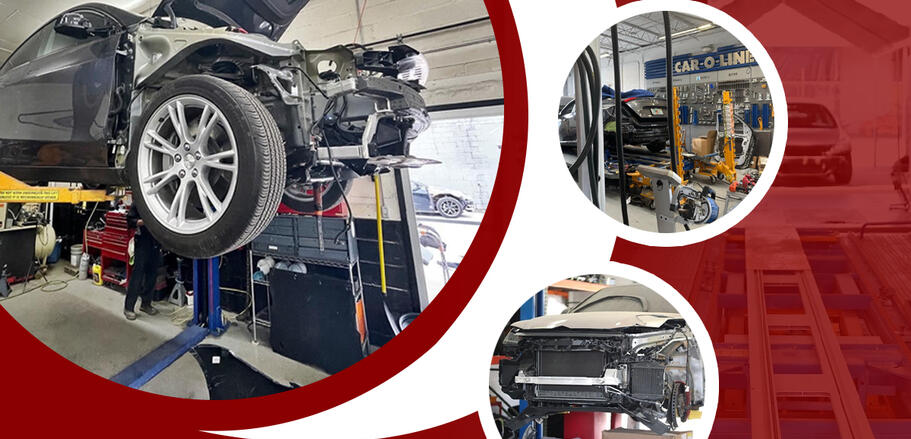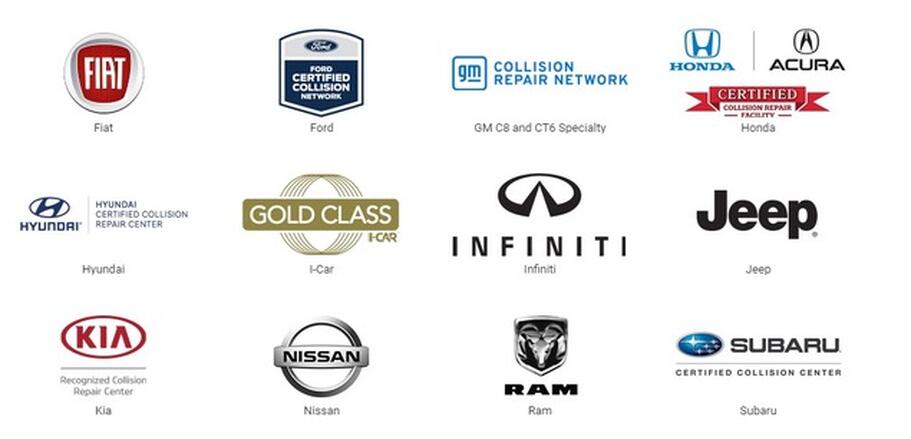
 January 29, 2024
January 29, 2024One of the key skills for electric car technicians is the ability to make an accurate diagnosis of electrical and mechanical faults. The diagnosis of problems with electric vehicles needs knowledge regarding electric systems, battery technology, and electronic drive trains.
Technicians have to locate problems by using diagnostic instruments and computer scanning equipment. The power of logic and troubleshooting enables techs to trace a problem to the source. They integrate diagnostics with knowledge of car subsystems to pinpoint and focus on problems quickly.
Working knowledge of electronics
Electric vehicles have vast electronics and embedded systems that need specialized diagnostic and repair knowledge to be used for an internal combustion engine. Techs have to know the electronic components and use tools like multimeters and oscilloscopes.
They should be conversant with electronic control units, sensors, high-voltage systems, and circuitry. Knowledge of programming, software calibration, and over-the-air updates is also necessary for the maintenance and optimization of current electric cars.
Battery expertise
The most complicated component of electric cars is the high-voltage battery packs. Techs need to know the chemistry and cell structures of lithium-ion batteries. They should be able to undertake proper servicing, testing, and replacement of battery modules as well as cooling systems.
Knowledge of battery management systems and charging needs is also necessary. Hazardous battery chemicals should be properly handled, stored, and disposed of as a safety requirement. The need for continuous training of an electric car specialist Brooklyn on emerging battery technologies is paramount as systems evolve rapidly.
Adherence to safety protocols
Safety and isolation procedures should be strictly followed when working with high-voltage systems because the electric shock is lethal. Before servicing, techs are to use personal protective equipment and turn off electrical hazards correctly. They should adhere to the safety guidelines for handling high-voltage elements, dangerous chemicals, and lift operations. Safety risks and safety procedures are the priority for electric vehicle technology.
In summary, electric car technicians have to learn electrical systems, electronics, batteries, and safety procedures. The key factors for zero-emissions vehicles are diagnosis skills, equipment knowledge, and safety compliance. With the necessary skills, such electric car servicing New York centers ensures that electric vehicles are road-worthy.

 November 29, 2023
November 29, 2023In the aftermath of a collision, one faces a myriad of decisions, and among them, choosing the right auto body repair shop is paramount. The automotive industry is teeming with repair facilities, but not all are created equal. Time to shed light on the critical importance of selecting a certified repair shop to restore your vehicle to its pre-accident glory.
Precision and Expertise:
Certified repair shops boast technicians who have undergone rigorous training and certification processes. These professionals are well-versed in the latest repair techniques, technologies, and industry standards. Choosing a certified shop ensures that your vehicle will be handled by experts who understand the intricacies of modern automobile construction, from advanced materials to complex safety systems.
Quality Assurance:
Certified repair facilities are held to stringent quality standards set by the industry and manufacturers. When you entrust your vehicle to a certified shop, you are essentially guaranteeing a level of excellence in both workmanship and materials. This commitment to quality ensures that your car not only looks good on the outside but also maintains its structural integrity and safety features.
Access to Genuine Parts:
Certified repair shops have established relationships with manufacturers, granting them access to genuine OEM (Original Equipment Manufacturer) parts. Using original parts is crucial for maintaining the performance, safety, and value of your vehicle. Unlike aftermarket parts, OEM components are designed to meet the exact specifications of your car, ensuring a seamless fit and optimal functionality.
Advanced Technology and Equipment:
The automotive industry is continually evolving, introducing new materials and technologies. Certified repair shops invest in state-of-the-art equipment and stay abreast of the latest advancements. From precision frame straightening to advanced paint matching systems, these facilities are equipped to handle the complexities of modern vehicles, guaranteeing a comprehensive and accurate repair process.
Protecting Your Investment:
Your vehicle is a significant investment, and maintaining its value is crucial. Opting for a certified repair shop not only ensures a high-quality repair but also safeguards the resale value of your car. A certified repair, backed by a warranty, provides peace of mind, demonstrating the confidence that both the repair shop and the manufacturer have in the work performed.
IN CONCLUSION:
In the aftermath of a collision, the choice of an auto body repair shop holds immense weight. By opting for a certified repair facility, you are not just fixing your vehicle; you are investing in the expertise, quality, and integrity that will keep your car on the road, looking and performing as it should. The extra effort in selecting a certified shop pays off in the long run, ensuring that your vehicle receives the care and attention it deserves after an unfortunate collision.
 2575 Stillwell Ave,
2575 Stillwell Ave, 






